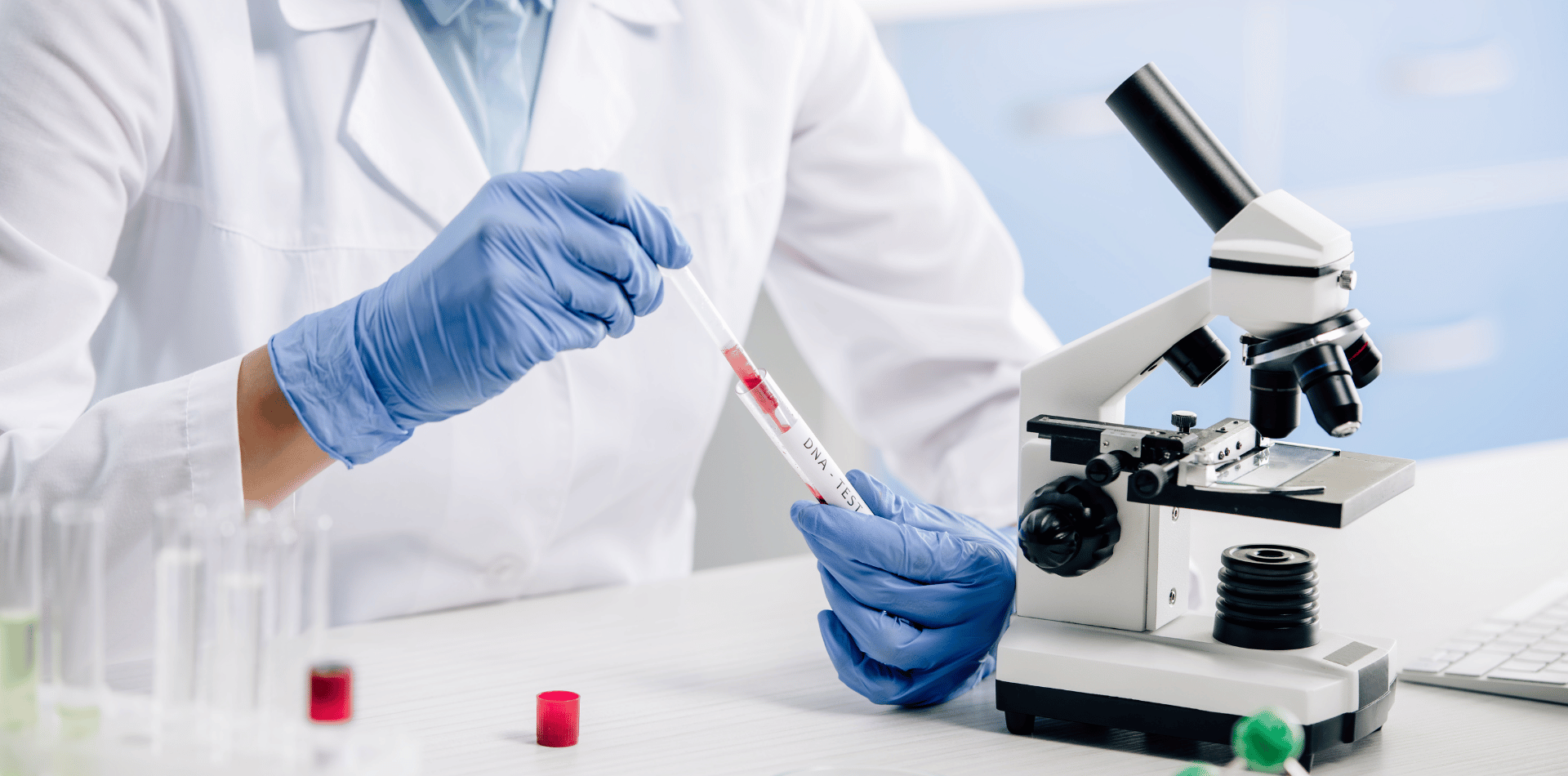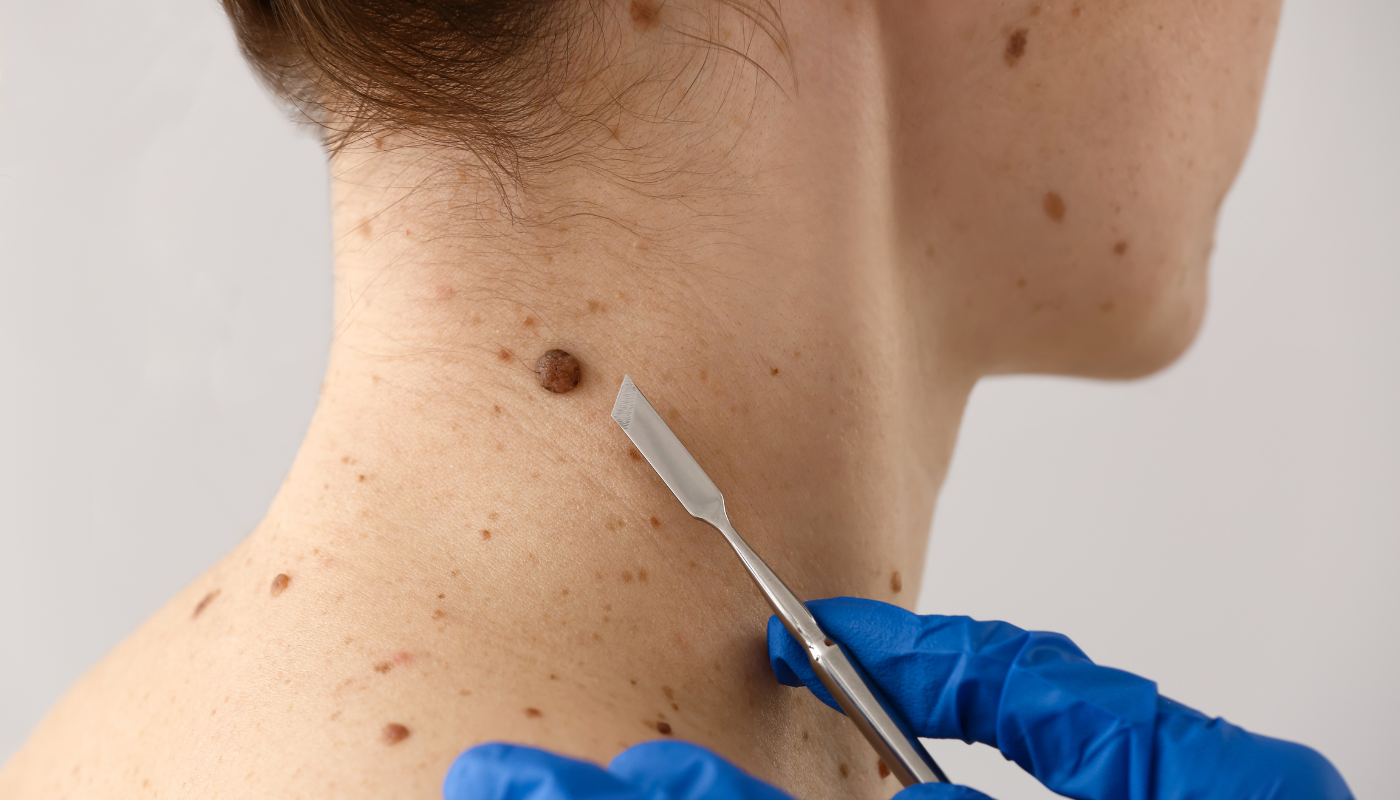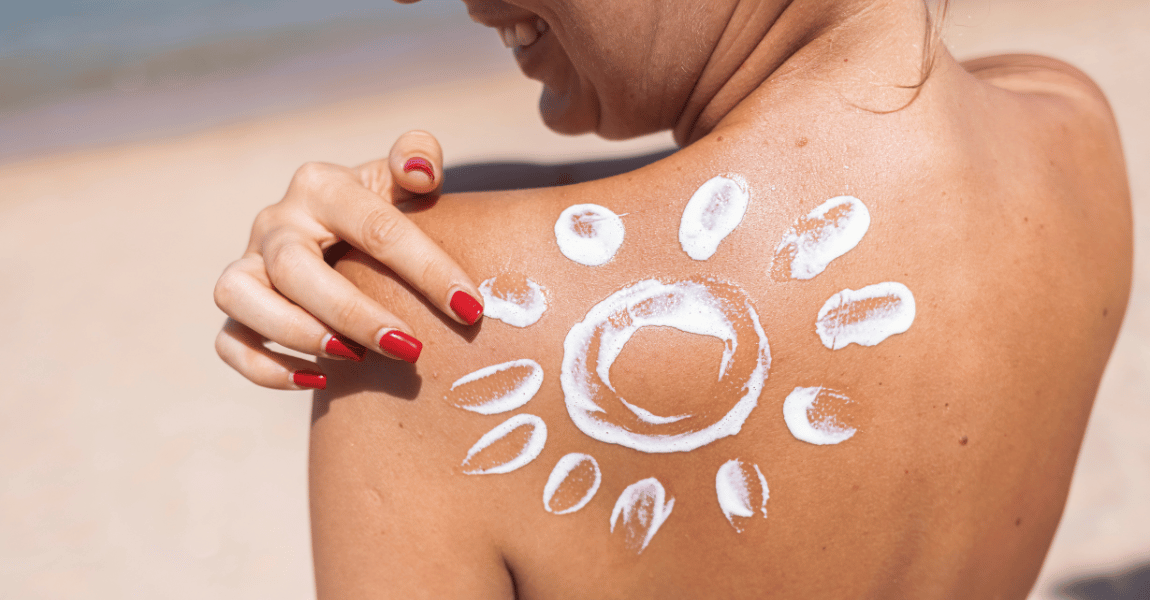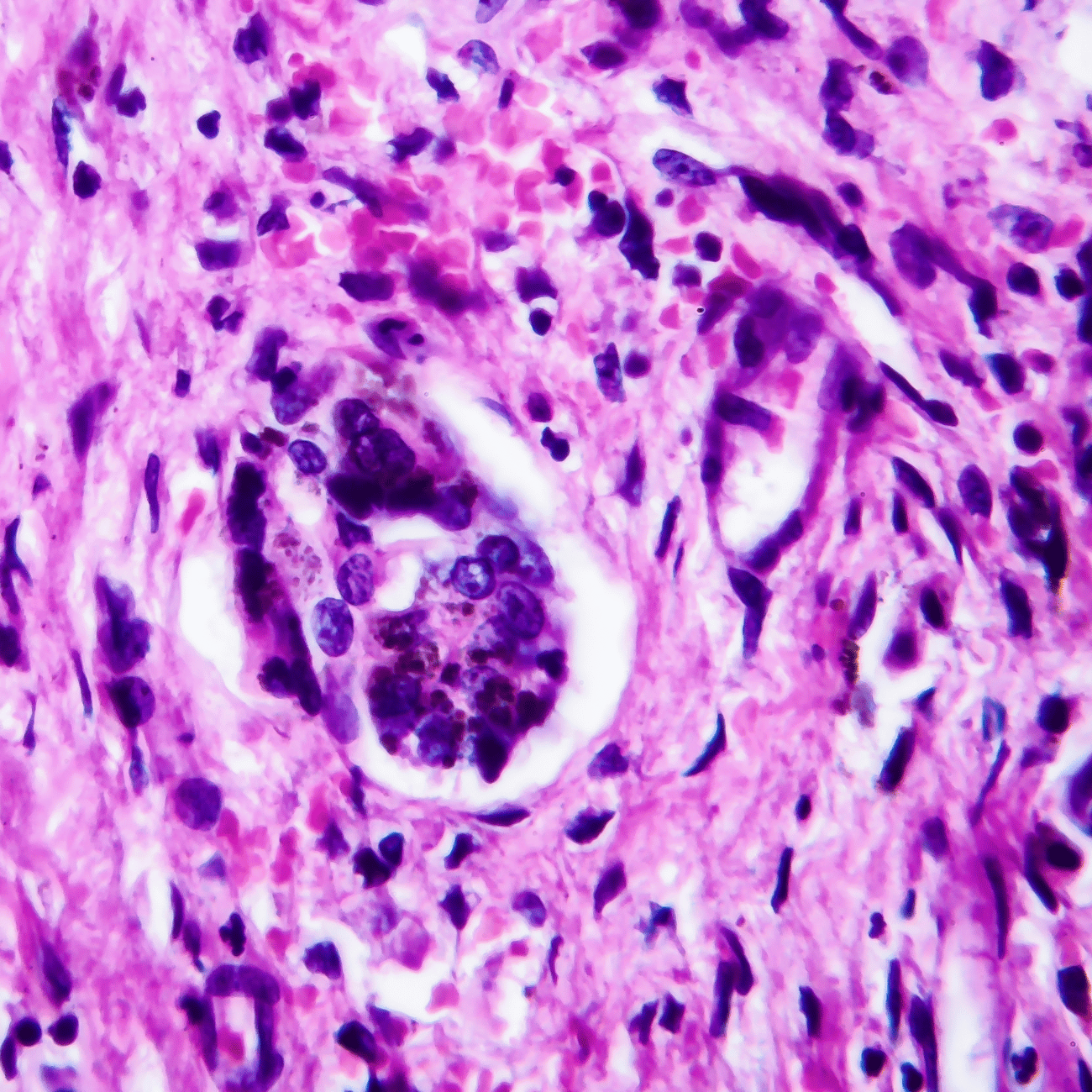Skin Cancer and Genetics: Is it Inherited?
Skin Cancer and Genetics: Is it Inherited?

When it comes to skin cancer, the common narrative often revolves around sun exposure, but have you ever wondered if your genes play a role in your susceptibility?
While we often hear about the dangers of sunburns and tanning beds, little discussion typically goes into the genetic component of this disease.
This article aims to delve into the complex relationship between skin cancer and genetics.
Understanding Skin Cancer
What is Skin Cancer?
To grasp the intersection between skin cancer and genetics, it's crucial to understand what skin cancer actually is.
Skin cancer is the abnormal growth of skin cells, often triggered by ultraviolet radiation from the sun or tanning beds.
There are primarily three types of skin cancer: basal cell carcinoma, squamous cell carcinoma, and melanoma. According to statistics, skin cancer is the most common type of cancer in Australia, accounting for nearly 1 in 3 cancers diagnosed.
Risk Factors for Skin Cancer
Sunbathing and tanning might be enjoyable for some, but they are often flagged as significant risk factors for skin cancer.
Extended exposure to the sun's ultraviolet rays or artificial UV light from tanning beds can damage the DNA in your skin cells, making them more susceptible to cancerous growth.
Other environmental factors like radiation exposure, chemicals, and even some types of viral infections can also contribute to the risk of skin cancer.
The Role of Genetics in Skin Cancer
Genes vs. Environment
The nature versus nurture debate extends to the realm of skin cancer—how much of your risk is really pre-coded in your DNA?
To clarify, heritability measures how much of the variability in a trait within a population stems from genetic differences. Twin studies have been instrumental in this regard, showing that identical twins are more likely to both develop skin cancer than non-identical twins, indicating a genetic component. Also, genomic research is increasingly identifying specific genes that could be culprits in increasing skin cancer risk.
Specific Genes Associated with Skin Cancer
While no single gene can make you destined for skin cancer, there are certain genes that may raise your risk. Research has identified genes like MC1R, CDKN2A, and BAP1 as potential risk factors. These genes are responsible for aspects like skin pigmentation, cell cycle regulation, and DNA repair, respectively.
A mutation in any of these genes could make your skin cells more vulnerable to the effects of UV radiation, thus increasing the risk of skin cancer.
Family History and Skin Cancer
If a family member has had skin cancer, does that mean you're more likely to get it too?
Studies show that a family history of skin cancer does indeed heighten your risk, especially for melanoma. If your parent, sibling, or child has had melanoma, your risk of developing melanoma yourself is two to three times higher than someone without a family history. It is, therefore, crucial to take a detailed family medical history when assessing skin cancer risk.

Prevention and Early Detection
Monitoring High-Risk Individuals
If you do have a genetic predisposition to skin cancer, vigilance is key.
Regular check-ups with a dermatologist can help in the early detection of skin changes that might be indicative of cancer. Self-examination, using the ABCDE guidelines—Asymmetry, Border, Colour, Diameter, and Evolving—can also be beneficial for early detection. Several digital tools and apps are available that can assist you in tracking any changes in your skin over time.
Lifestyle Changes for Risk Mitigation
Even if your genes put you at a disadvantage, making specific lifestyle changes can help you play a protective role. Consistent use of broad-spectrum sunscreen with a high SPF can block harmful UV rays. Wearing protective clothing like long-sleeved shirts, wide-brimmed hats, and sunglasses can also provide an additional layer of protection. Also, a diet rich in antioxidants and regular exercise can enhance your body’s ability to repair DNA damage.
Ethical Considerations
Genetic Testing for Skin Cancer Risk
The availability of genetic testing raises the question: should you get tested to know your risk?
On the one hand, knowing your genetic predisposition can motivate you to take preventive measures. On the other, it could result in unnecessary stress or even discrimination from insurance companies. It’s a complex decision that warrants a thoughtful discussion with healthcare providers and perhaps even ethical experts.
Rethinking the Causes and Prevention Strategies for Skin Cancer
Skin cancer's causes are multifaceted, encompassing both environmental and genetic factors.
While environmental risk factors like sun exposure are well-acknowledged and relatively easy to mitigate, the genetic factors are complex and not fully understood. Ongoing research continues to shed light on the genes associated with a higher risk of skin cancer, offering a glimmer of hope for more targeted prevention strategies in the future.
In the meantime, a balanced approach that combines vigilance, regular check-ups, and lifestyle changes remains the best strategy for prevention and early detection.
FAQ
Is skin cancer only caused by sun exposure?
No, while sun exposure is a significant risk factor, other factors like genetics, chemical exposure, and certain viral infections can also contribute.
Can a genetic test definitively tell me if I will get skin cancer?
No, a genetic test can only indicate an increased risk based on the presence of certain genes. It is not a definitive diagnosis.
Are there any drawbacks to genetic testing for skin cancer?
Yes, potential drawbacks include psychological stress, potential discrimination, and the need for ongoing medical surveillance if a risk is identified.
How often should high-risk individuals get skin checks?
High-risk individuals should consult their healthcare providers for personalized recommendations, but generally, an annual skin check is advisable.
Can lifestyle changes completely negate the risk if I have a genetic predisposition?
While lifestyle changes can significantly reduce the risk, they cannot completely eliminate it if there is a strong genetic predisposition.
By acknowledging both the genetic and environmental factors at play, we can better equip ourselves in the fight against skin cancer.
The key is not just in preventing sunburns but in understanding our genetic makeup and how it influences our overall risk profile. Through a combination of scientific research, public awareness, and individual action, we can aim for a future where skin cancer becomes less of a threat and more of a preventable condition.
More Skin Tips.
CoreBodi










| Powered by Kaptol Media



